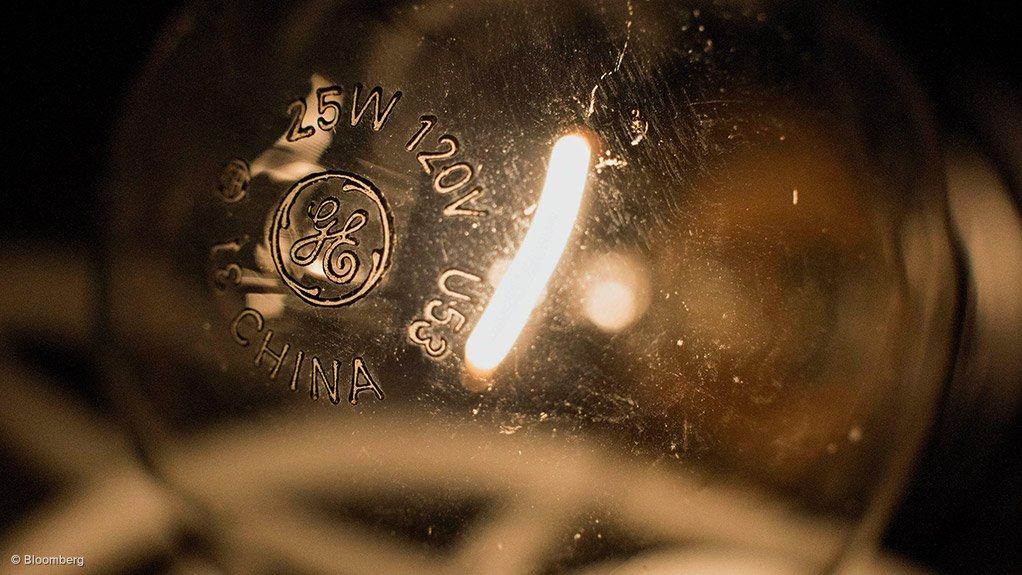As South Africa continues to battle a far-reaching – and worsening – electricity crisis, civil society and trade unions have teamed up to organise “social power” to place pressure on government and embattled State-owned power utility Eskom to resolve the continuous power shortages.
In a programme that started at the beginning of the year, a number of organisations aimed to embark on a campaign to make consumers’ voices heard in the development of the short to medium term strategies of South Africa’s electricity generation and supply sector, said nonpartisan coalition of trade unions and community organisations United Front (UF) national secretary Mazibuko Jara.
Trade unions and civil society organisations, which included UF, Uasa, the National Union of Metalworkers of South Africa, Solidarity, the Independent Municipal and Allied Trade Union, Soweto Electricity Crisis Committee, Lesedi Community Forum, Mining Affected Communities United in Action, Rural Women’s Movement, Unemployed People’s Movement and Rural People’s Movement were convening at the National Civil Society Conference on the electricity crisis, being held in Booysens from June 2 to 5, to unpack possible solutions to arresting and reversing the country’s electricity supply shortages.
The conference aimed to deal with potential responses to load-shedding, the financial issues facing Eskom, unaffordable and increasing electricity prices, the options of placing Eskom under democratic control without privatisation, the delivery of basic energy services beyond free basic electricity provisions and the disconnect between Eskom- and municipal-supplied electricity.
“We will not agree on everything, but we are united and we are here,” Solidarity CEO Dirk Hermann assured delegates on Tuesday, adding that government would receive a strong message that civil society across divided lines were teaming up to say “enough is enough” and unveil the “power of civil protest”.
Further, Jara told delegates that those responsible for the nation’s chronic rotational load-shedding and the continuous delays and “massive” cost overruns of the construction of the two new coal-fired power stations Kusile and Medupi, which were expected to ease the strain on the national grid, should be taken to task.
He called for the establishment of an independent judicial commission of enquiry – with powers – to review the core issues at Eskom, which was experiencing “a financial meltdown”, unpack the “worsening” governance practices of the utility’s senior management, review the management of Eskom contracts for primary energy, investigate overruns in the building of new power stations and interrogate the rationality of threats of electricity price increases of up to 25%.
The current interim management team at Eskom was not equipped to make the key decisions it needed to make, as the current inquiry had no legal impact and had hit a stalemate, the speakers argued.
EMAIL THIS ARTICLE SAVE THIS ARTICLE
To subscribe email subscriptions@creamermedia.co.za or click here
To advertise email advertising@creamermedia.co.za or click here











